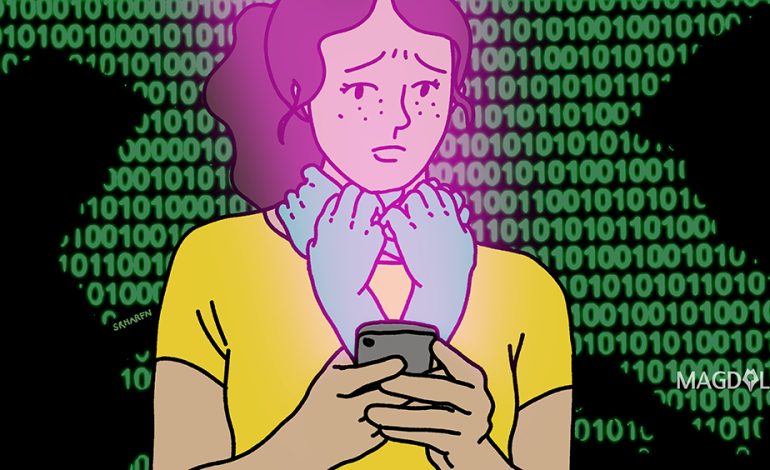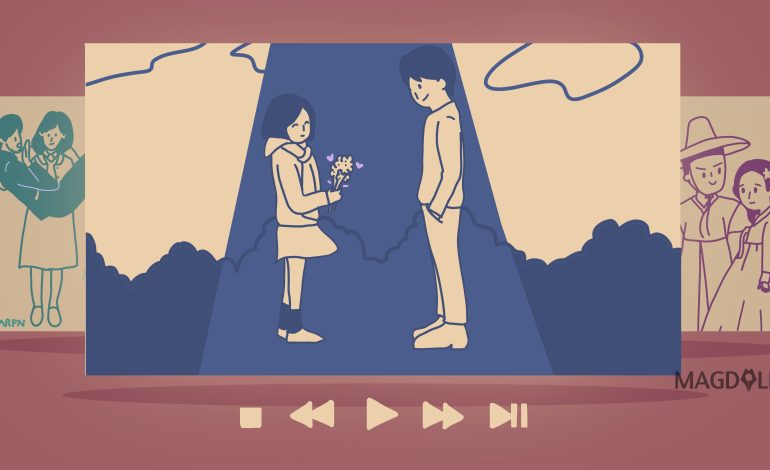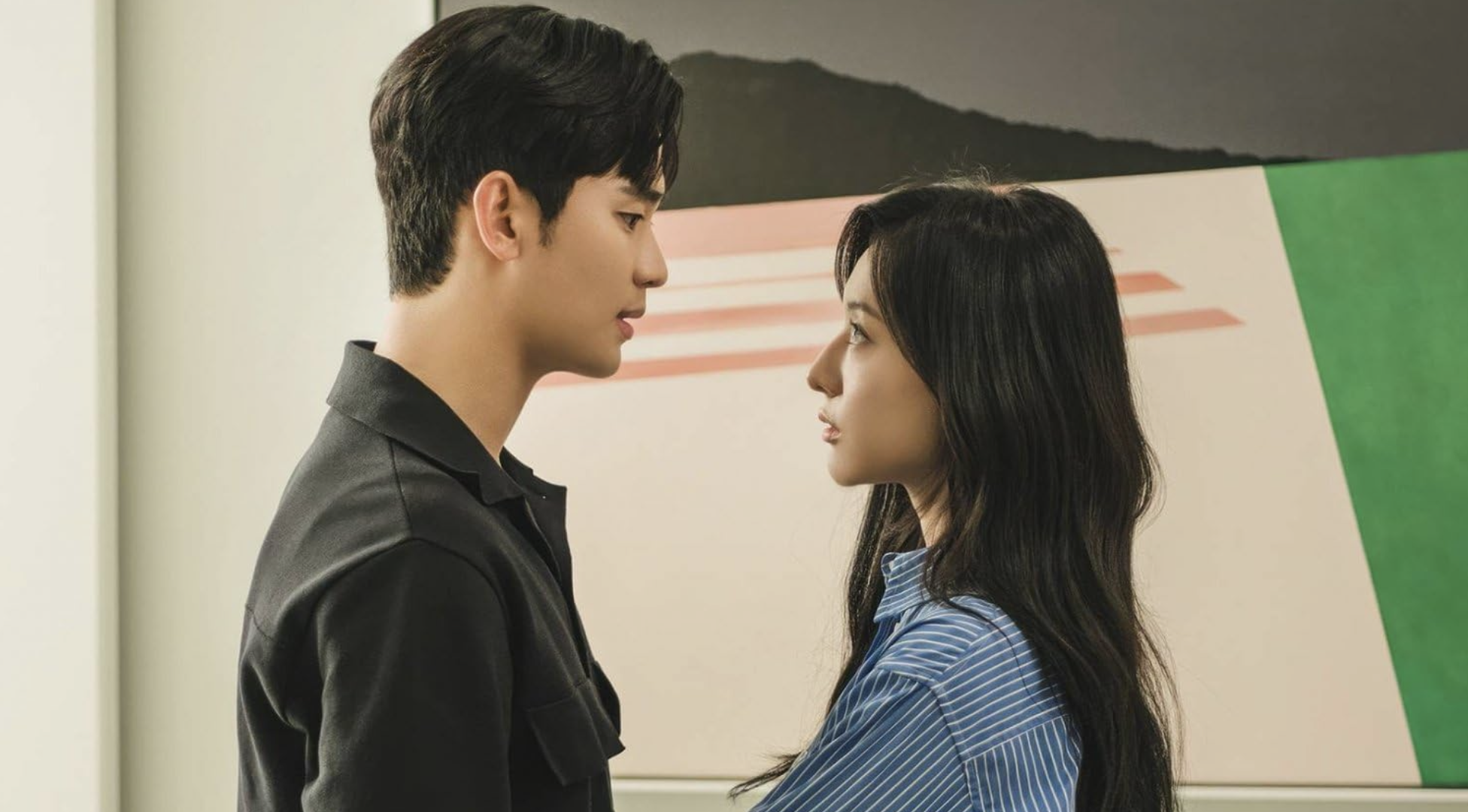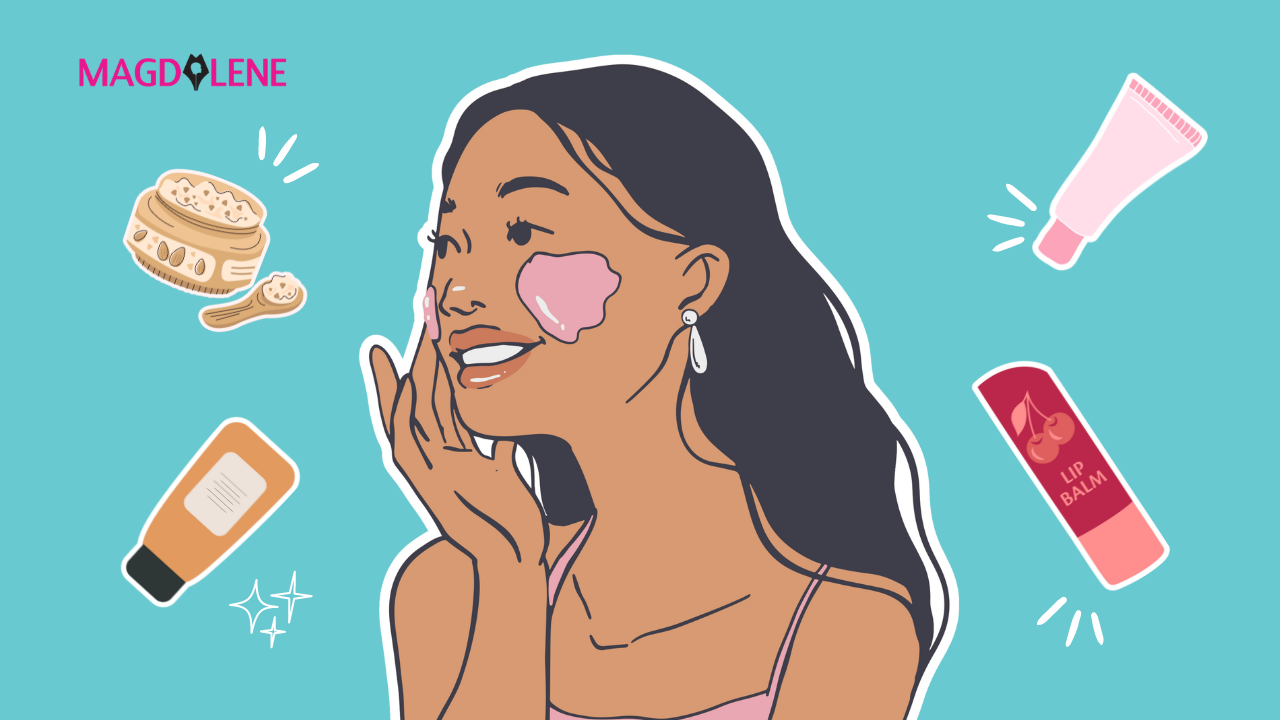Pride and Predators: Being Online while Woman
From getting obsessive “likes” all over your posts to being cyberharassed – the perils of being online while female.

The dilemma of making my Instagram public or keeping it private has gnawed at me for months. A public account grants me more followers. A private one grants me peace of mind.
I’m a blogger and a wedding filmmaker – a private Instagram is marketing suicide. But I keep referring to other solutions, and I avoid switching my account to public. It’s not vulnerability I fear. It’s the long line of cyberstalkers I’d then have to deal with.
The unwanted attention, the inappropriate comments. The constant discomfort of being a woman online.
I was 13 when I started an Instagram account. Thirteen – young and pre-pubescent. But it wasn’t until high school that I became aware of its predatory nature.
Like other teenage girls, my profile was filled with group photos, travel views, and flower-decorated selfies. But now and then a message would come in. “Hey pretty,” it would read. Normally the sender would be a stranger, or a boy I’d never seen before. I had no idea where they’d come from. I had no idea who they were.
This is a regular occurrence for young women on social media. I wasn’t the only one experiencing them. In fact, I couldn’t think of a girl who hadn’t.
“Oh hello sexy!” a friend of mine, 19, described a random message she received from an anonymous sender. He continued with derogatory words to describe what he thought of her body.
“That was the weirdest one and I can’t get it out of my head,” she said. “Some strangers [are] willing to pay me for a picture.”
Another friend of mine, 16, recounted her experience as well. “My face has been used by a stranger in a gaming site,” she said. “Someone else used my face, and that seriously frightens me to the core.”
Online harassment, cyberstalking, rape threats – all things that could happen to everyone. When you are a woman, however, you are subject to it regularly.
More surprisingly, it even affects my female friends who are publicly married. “When I told him I was married,” she continued, “he said, ‘It’ll be fun.’”
Also read: “Take Back the Tech!” Addresses Cyberbullying against Women
The discomfort of getting random attention from strangers is a consequence for being female online. If strange men were to stumble into my profile, comment “Wow!” with a row of fire, heart-eyes, or wet emojis, I have nothing in my hands to stop them. As a woman, I just have to deal with it.
Another pattern I recall is men – whom I didn’t know – going 12 rows deep into my profile. They leave likes only on photos that show my face in them. Some go so far down as to reach the first photo I ever posted.
If this was supposed to flatter me, it didn’t. All it gave was an uneasy, nagging discomfort. Because they gave more than unwanted attention. They left footprints and made sure I saw them.
“It’s just how the world is these days,” I hear people say. But when we stop at simply telling women to “just block/report them,” we don’t move towards implementing real actions that can stop this from happening so frequently.
The article “Instagram Is Great for Models. It’s Also Good for Predators” on The New York Times, says, “Amid all the conversations around privacy and the dangers of data use, less attention has been paid to the ways social media can be used by predators.”
In another article by Global Fund for Women, activist and non-profit leader Bishakha Datta said, “Just because it’s in the virtual realm doesn’t make it any less real.”
“We need to address online violence because it limits our right to free and full participation, our freedom of expression, and our right to safety and privacy.”
In other words, catcalling is catcalling. Whether digitally or in real life.
Predators have every reason to target women on social media, from high school girls in an age of self-expression, to middle-aged working women. But when I was 13, absent-minded and excited about Instagram, I didn’t have much clue about them. It’s easy to block them like spam messages, but what no one warned me about was the culture.
Also read: Cyberbullied in Indonesia
It’s the problematic culture that makes men think it’s harmless to do this: a culture where men think it’s okay to go through our social media pages, rate our appearances, and leave whatever message they’d like.
Sometimes it’s a random foreign name, leaving flirtatious comments, even though they look twice our age. Other times the account showed an empty profile photo, less than 10 followers, and no signs of life. Additionally, I hate to say it, this doesn’t just happen from anonymous stalkers. Many times – and plenty of women can testify – it’s unsettling to be on Instagram simply because of people we know.
I might sound like a full-blown traditionalist for saying this, but I just don’t think something like Instagram is an ideal way of approaching someone romantically. Regardless of the content, social media is not a dating catalogue for you to glide through.
If you’re trying to approach a woman respectfully – which is the only way you should – remember she is entitled to the ease of using the platform as carefreely as she wants. Crossing lines and not knowing how to take “no” for an answer is as problematic online as it would be in real life. Leaving likes on old photos, commenting on every move she makes, and constantly pushing your agenda, is not innocent attention-seeking. It’s predatory power play.
So, where do we start? I think we can start by creating a safe space for women on social media. We start by getting rid of a culture that suggests men can get away with harassing women just because it’s done online.
We can also start by teaching our nieces and daughters that compliments from a stranger is no form of flattery. Tell women to forget about being “nice” – they’re not obliged to respond to anything that was sent to them without their consent.
And lastly, it is no longer about whether or not I’m free to have a public account.
It’s about whether or not I have the option, as a woman, to feel as safe here as anyone else.
Illustration by Sarah Arifin












